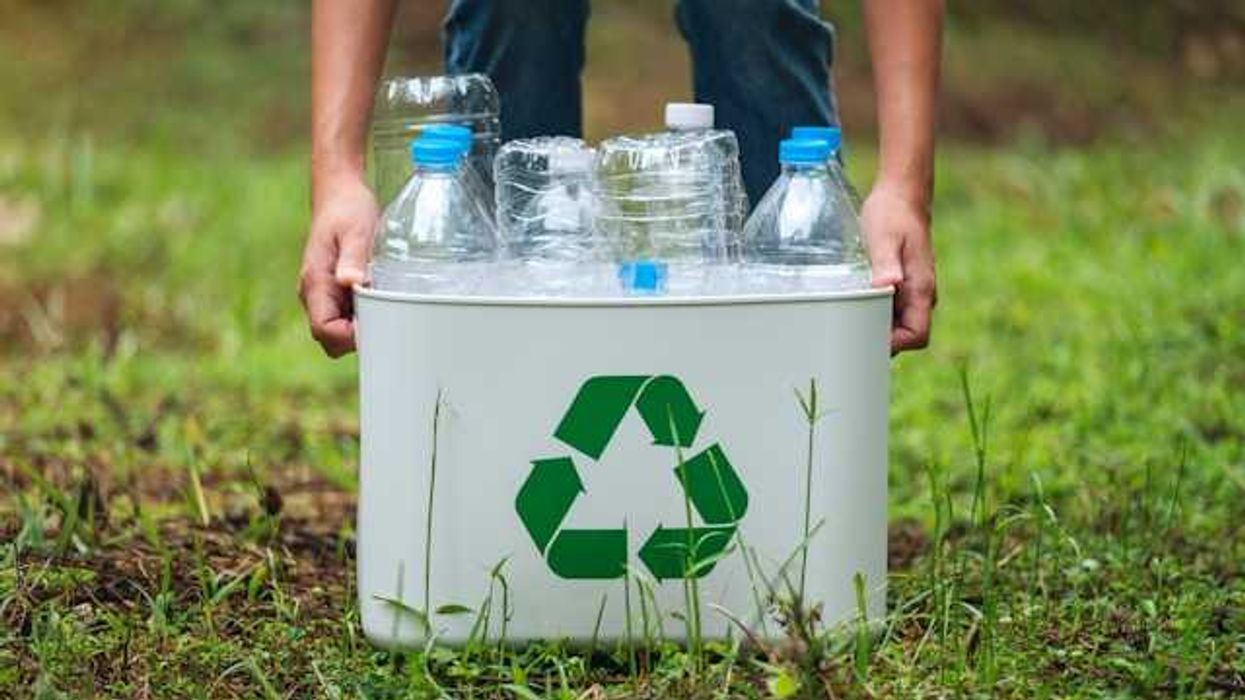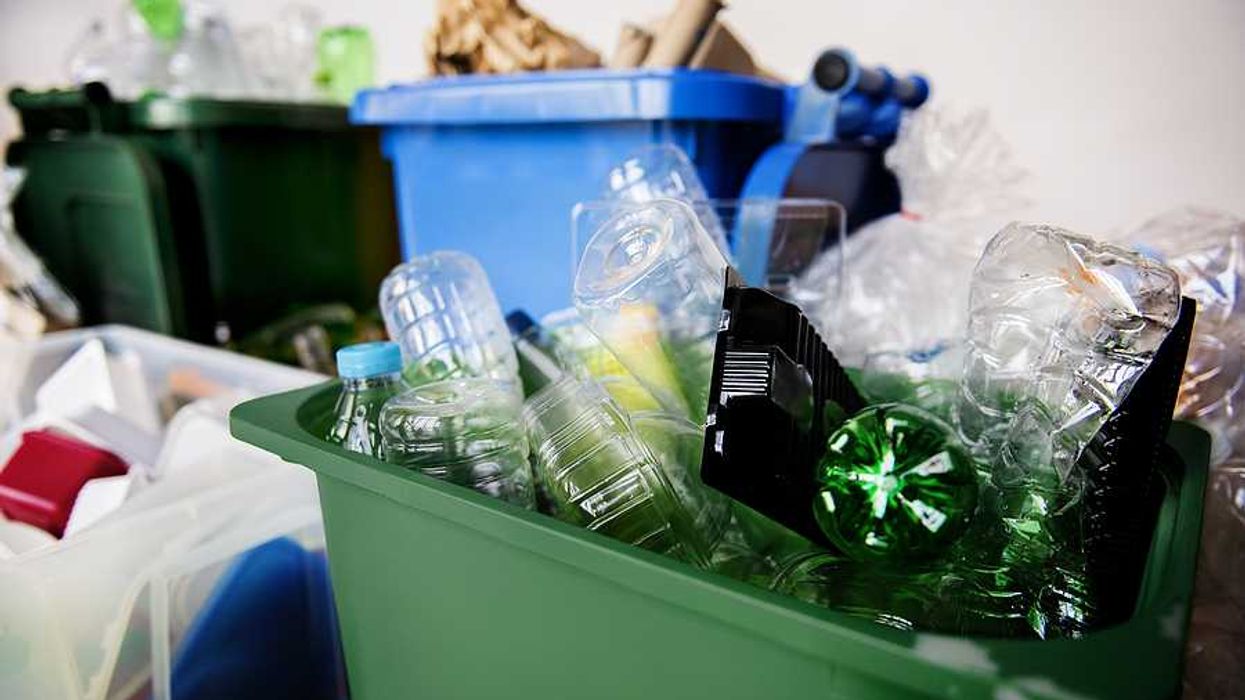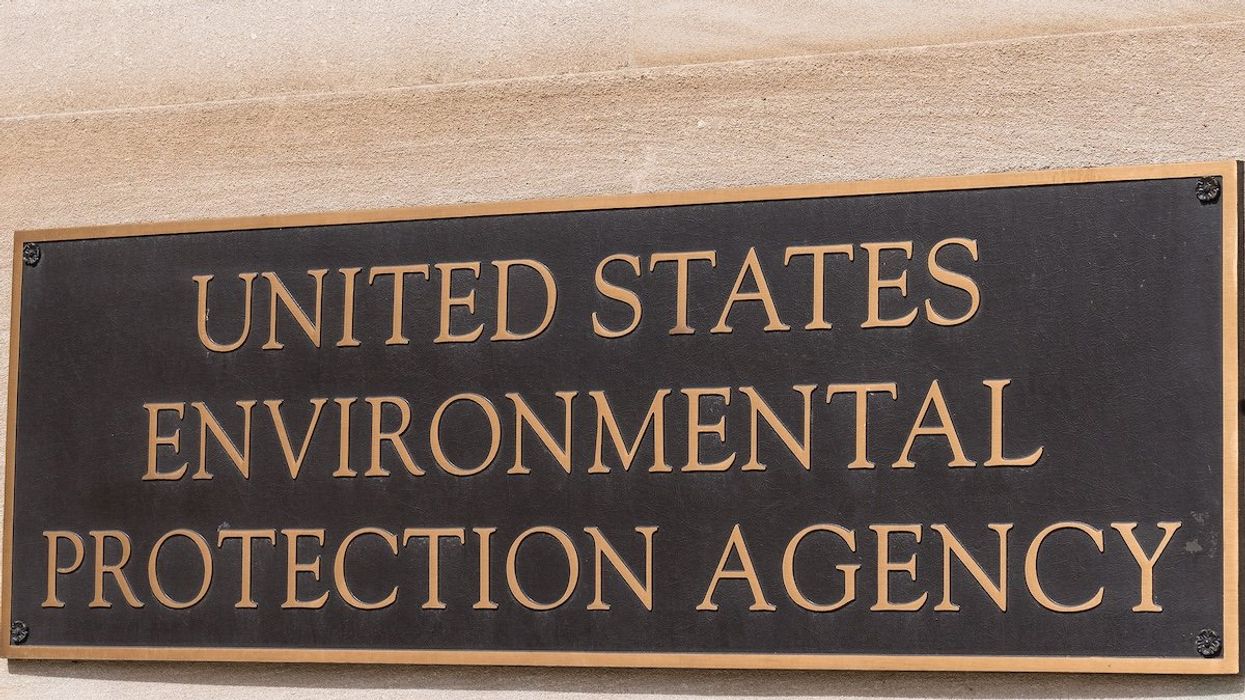Exposure to particulate air pollution, even at levels deemed “safe,” is linked to lower cognitive abilities in children, particularly in critical thinking and nonverbal skills, according to new research.
Pamela Ferdinand reports for U.S. Right To Know.
In short:
- A review of six global studies found that even low-level exposure to PM2.5 pollution correlates with declines in children’s IQ, particularly in critical thinking and problem-solving.
- Children in marginalized communities face disproportionate exposure to PM2.5, exacerbating educational and health inequities.
- Researchers warn that widespread cognitive declines could significantly impact societal productivity and increase economic burdens.
Key quote:
“At a population level, reduced cognitive function in children can increase the educational support needed in schools, reduce a society’s gross domestic product (GDP), and future leadership potential.”
— Ella Whitman, study co-author
Why this matters:
PM2.5 pollution threatens children’s brain development, with lifelong impacts on health and economic mobility. These findings are a gut punch for parents already juggling the chaos of daily life, but they hit harder for marginalized communities where pollution levels are often higher, compounding existing inequities. Read more: Breathless: Pittsburgh's asthma epidemic and the fight to stop it.














